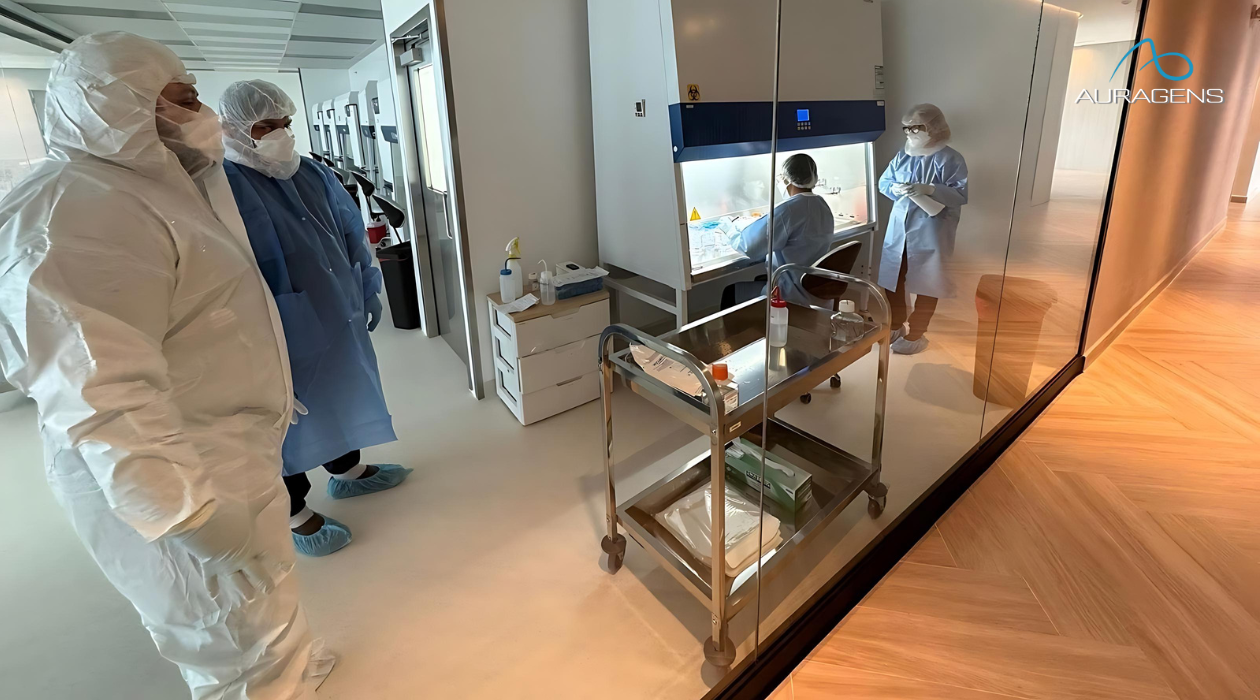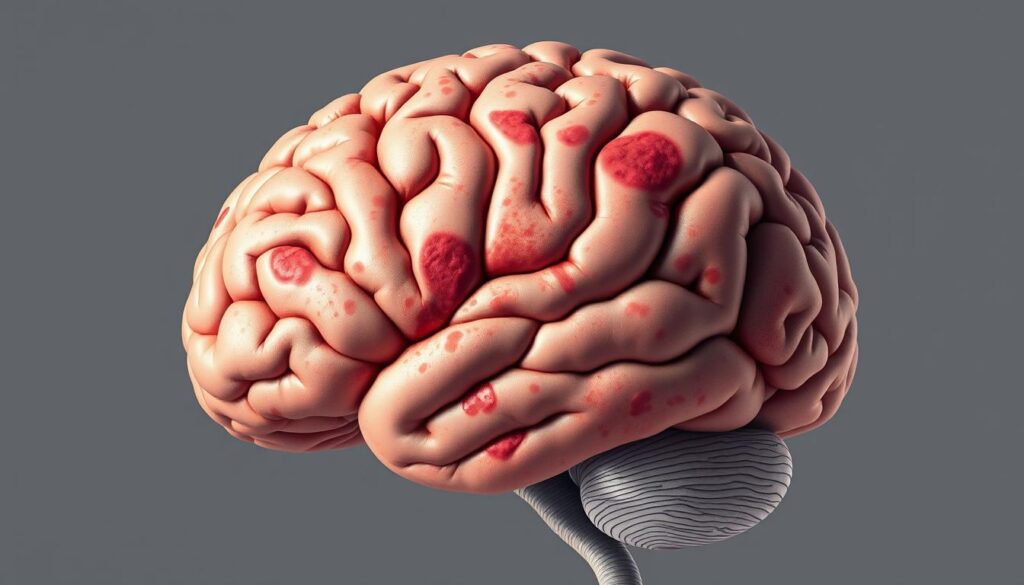
A new study from Stanford Medicine reveals that our bodies experience two periods of rapid molecular and microbial changes, typically around ages 44 and 60. Researchers analyzed thousands of molecules and microorganisms in people aged 25 to 75 and found that these shifts do not happen gradually but rather in significant bursts. Changes around these ages impact various aspects of health, including cardiovascular disease and immune function.
The study, published in Nature Aging, tracked over 135,000 molecules in volunteers over several years. Around 81% of the molecules studied displayed non-linear changes, with the most notable transformations occurring in the mid-40s and early 60s. Interestingly, these changes were seen in both men and women, suggesting factors beyond menopause affect these shifts.
The changes seen in people in their 40s involved molecules related to metabolism, cardiovascular health, and skin and muscle function. In the 60s, the changes were linked to carbohydrate metabolism, kidney function, and immune regulation.
Researchers believe lifestyle adjustments, such as increasing exercise or reducing alcohol consumption, could help manage these changes. This study suggests that focusing on health, especially during these critical periods, could be beneficial.
Auragens has been doing research in parallel with a specific focus on Mesenchymal Stem Cells (MSC) and the impact on anti-aging, led by its Chief Scientific Officer, Dr. James Utley, PhD. When both the Stanford study and the Auragens studies are placed side by side the results and potential benefits of regenerative medicine become self-evident.
In simple terms, Auragens conducted and published a study looking at how aging affects certain cells from human bone marrow, called mesenchymal stromal cells (hMSCs), which are important for regeneration and healing. As people age, these cells do not work as well, which can reduce their effectiveness in therapies aimed at repairing tissues.
The researchers analyzed genetic data from hMSCs taken from people aged 17 to 84. They found that one specific gene, called KLHL22, becomes less active as people get older. This decrease in gene activity might explain why older people’s cells don’t regenerate as well. About 24% of the changes in this gene’s activity were linked to aging.
The study suggests that understanding these genetic changes could help improve the use of these cells in therapies by identifying younger, more effective cells or finding ways to “rejuvenate” the older cells, making treatments more successful.

Conducting Research in the lab at Auragens








